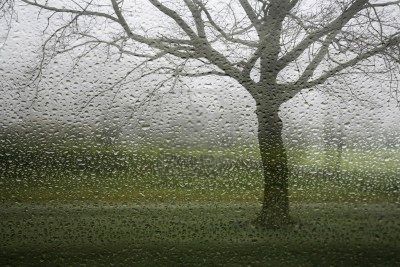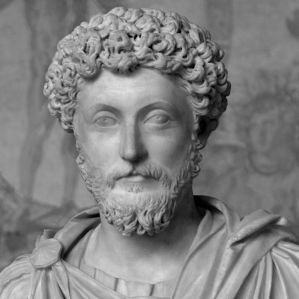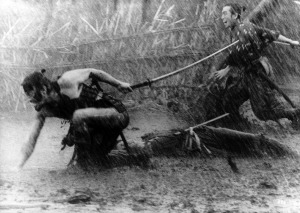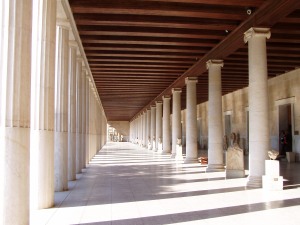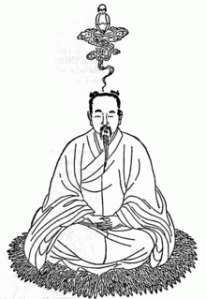
Nicolas Poussin -The Plague at Ashdod
Recently I took a short trip and brought back some form of viral or bacterial life as a souvenir. I was down with an ugly cold for over a week. Since I am in the thick of my “100 days of practice” effort it was not the best timing. I adjusted my activities to my condition. Some days my martial practice was limited to light internal work. Brain fog limited my Go studies to reading commentaries of games. Business didn’t suffer too much as I work from a home office anyway. I could keep up a minimal appearance of productivity. None of my practices during this week of plague really advanced my skill and knowledge all that much. That’s alright as the main point of this hundred day exercise is to build habits. The object is to further set these practices as natural daily occurrences. So, at least I kept going.
But (there had to be a “but”) some things did suffer. I found it very difficult to stay with some of the mental practices (psychological, philosophical, spiritual, whatever term you prefer). It wasn’t that I didn’t continue with things like meditation or self-evaluative practices from Stoicism. I simply had more difficulty believing they mattered. In fact, I had difficulty maintaining the belief that the whole 100 days of practice exercise mattered. I think only anticipation of a healthy dose of shame served as deterrent to tossing it all.
Being ill depresses me. Of course, nobody enjoys being sick but something as minor as the flu doesn’t usually evoke waves of existential disgust and despair. So what’s the problem?
The reaction is an irrational one. It is a learned and not always conscious response. Beginning in my mid to late twenties I went through an extended period where my health was not great. It seemed like a perfect storm of injuries, developed allergies, fatigue, stresses and a general dark night of the soul. A severe case of pneumonia (stupidly acquired by wandering about in freezing weather after a bit of drunken revelry) helped get the avalanche rolling downhill. Frequent colds and bouts of bronchitis, chronic pain issues, odd neurological events and a generally depressed state were the norm for a period of more years than I care to think about. I underwent a lot of inconclusive testing for all kinds of nasty things.
How I eventually pulled out of that mess is a whole other post (s). The quick version is a combination of major lifestyle changes, a long reevaluation of my psychological/philosophical outlook, and lots and lots of kung fu/chi gung. But that long stretch of feeling ill and demoralized still remains in memory. When I get sick it begins to feel like nothing has really changed. That in turn feels like a failure.
I know that is a perception and not reality. But that intellectual understanding doesn’t always reach the emotional core. It remains a struggle.
Agathos, the “good” or worthy in life, is the core concept of what I write about here. For the ancient Greeks what was good, worthy, beautiful was demonstrable. It was shown through arête, observable skill or excellence. Arête can be physical (athletic feats, artistry) or intellectual (great strategist, a reputation for wisdom or fairness) but regardless it was shown directly through one’s actions. Aristotle spoke of arête as acquired by developing habits until a given behavior, skill, virtue becomes a permanent character trait. That is my desired outcome in committing to one hundred days of practice. So what happens if personal baggage can so easily interfere with the demonstration of arête? What is the antidote when our own deeply formed emotional patterns sap even the desire to be agathos?
The Stoics taught that many things in life, including health, are often outside of our control. Our characters are the result of choices we make about what is within our control. So, the ability to lead a worthy life was not dependent on unpredictable externals like wealth, fame, health and so on. In the Stoic school of thought these externals were “preferred indifferents” meaning we may like them but they don’t really determine our ability to lead the “good” life. Eudaimonia (happiness, thriving) doesn’t require externals.
I’ve reminded myself of all that over the past several days. It’s helpful to a degree. Sometimes a rational understanding that we can choose how we perceive events isn’t enough to push past emotions especially very old, deep set ones. What then? I was reminded of an interview I heard years ago with film writer/director John Milius. He was speaking of the difficulties in filming his desert epic “The Wind and The Lion” with Sean Connery. They had bad weather, illness and injury on the set, lots of equipment failures, generally lousy conditions. He said that he reminded himself and others that when they looked back years later they wouldn’t remember how they felt. They’d only remember what they did, what they accomplished. There is a lot of truth in that I believe. I can think of examples in my own life.
So, where philosophy fails to rally me maybe there is only the primal human need for arête. When I look back at life really all I will think about it is what I did or didn’t do. It’s probably the only thing that will matter much. The fact I felt ill or depressed on a given day won’t mean a thing. The original agathoi, the figures that appear in the Homeric epics, often come across as obstinate and even irrational in pursuit of their own ends. Maybe though they knew a truth I have to keep in mind. When in doubt try to demonstrate arête. When feeling pain or fatigue or sadness try to demonstrate arête. Our presence in the world is defined by our actions in it. Our effort to live as agathos is what sends out ripples in the pond. Phantasms we experience are not what will remain.
